Where does Houston rank among America’s least (and most) segregated cities?
Racial segregation still prevails in most U.S. cities, but it varies widely across the nation, according to a report from City Observatory.
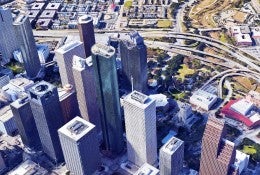
Where does Houston rank among America’s least (and most) segregated cities?
Racial segregation still prevails in most U.S. cities, but it varies widely across the nation, according to a report from City Observatory.

Many in Harris County find themselves living farther and farther from jobs
For the average Harris County household, the combined costs of housing and transportation are at the edge of affordability. Add to that the growing distance between home locations and jobs, and the costs quickly can become unsustainable, particularly for lower-income households.
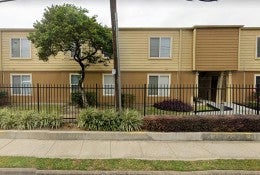
Charlotte and other Sun Belt cities are powering urban growth, but they have issues to tackle
Large Sun Belt cities have similar strengths, such as strong economies and relatively low costs of living. They also face the same problems, like growing income inequality and rising housing costs. A Kinder Institute report concludes that Sun Belt cities need to find new ways to address their common urban issues.
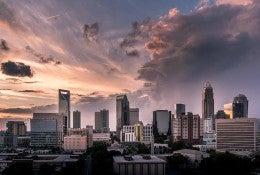
Why does it take so long to vote?
Overall, waiting times may be improving — but long waits are still common in Black communities. As the percentage of nonwhite voters in a precinct increases, so do wait times.
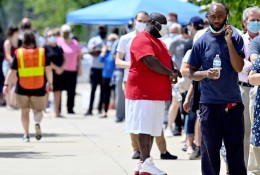
Settegast: A case study in endemic racism within Houston’s housing system
In the past month, new and greater focus has been placed on the need to address economic, environmental, educational and health care inequalities related to race in the U.S. For many years, systemic racism has limited access to housing as well. Here, we take a look at findings from the Kinder Institute’s State of Housing report in the context of Settegast, a historically Black neighborhood in northeast Houston.
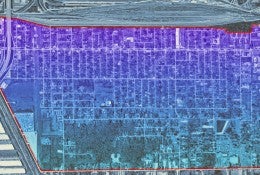
Rice University
Kraft Hall
6100 Main Street, Suite 305
Houston, TX 77005-1892